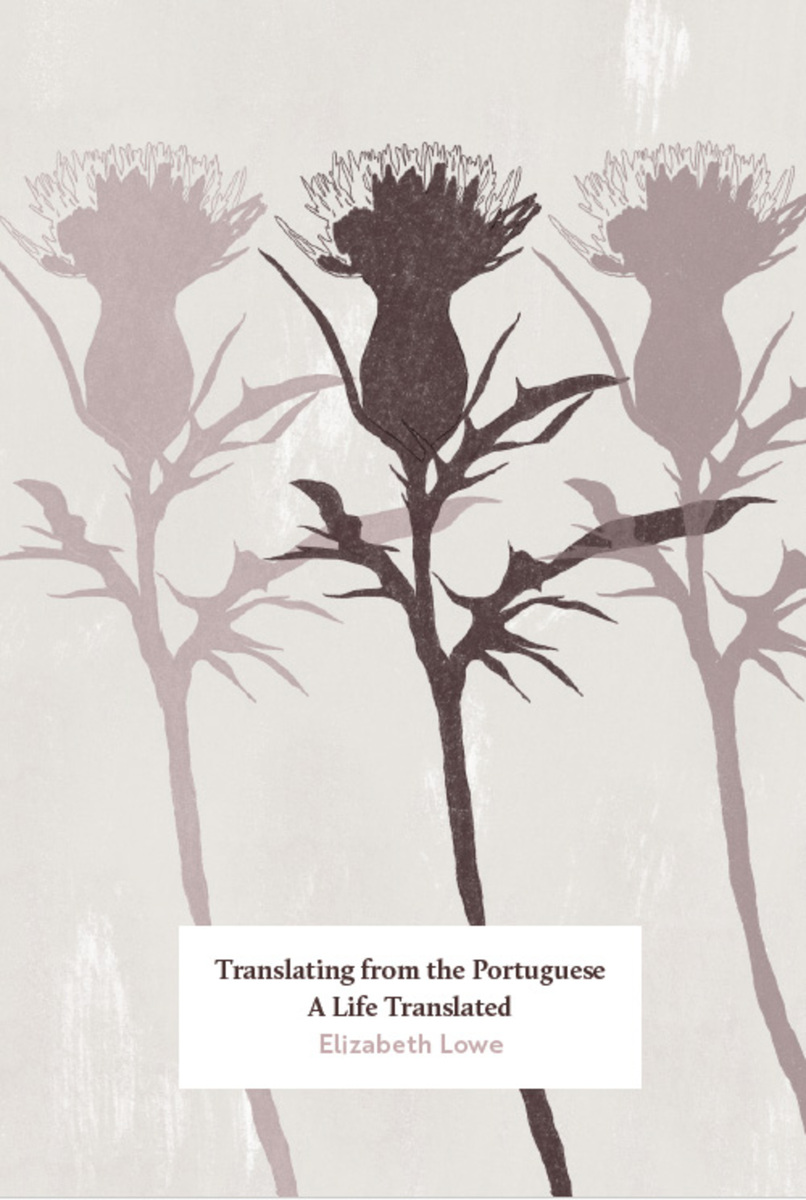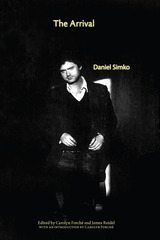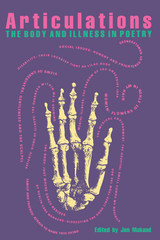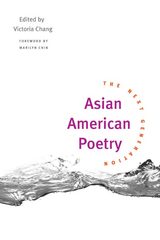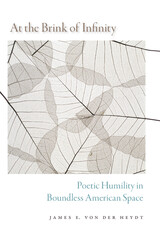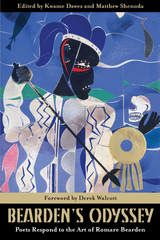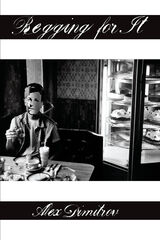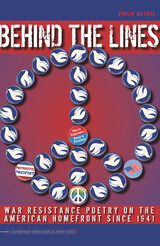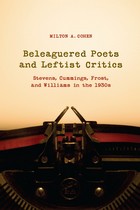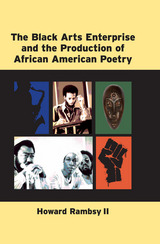"This poignant book is a reminiscence, a treatise, a love song to a polyphonic world. Lowe introduces memories with the clarity and certainty of a filmmaker, and the stories that stem from them conjure the international postwar awe and intrigue of John le Carré. In its range alone, Lowe's prose is boundless, and her ear for the varied, rippling sounds found in language is pitch perfect. The Mount Rushmore of Lusophone translators is Gregory Rabassa, Helen Caldwell, Richard Zenith, and Margaret Jull Costa. With this work, Elizabeth Lowe has expanded the pantheon."—Ezra Fitz, New York Times bestselling translator of literary fiction, narrative nonfiction, and screenplays
"Lowe's multilingual, multicultural background has undoubtedly led to a life shaped by translation. In turn, she has shaped translation like few others. Her memoir reveals her compelling approach: translation as storytelling and wordsmithing, friendship and community, scholarship and teaching, craft and alchemy. Full of adventure, serendipity, and insight, this book tells the story of a pioneering, inspiring, and fascinating life."—Denise Kripper, author of Narratives of Mistranslation and translation editor of Latin American Literature Today
"With these revelatory vignettes, Elizabeth Lowe, one our most cherished literary translators of Brazilian and Portuguese literatures, offers readers a glimpse into her life and work. Lowe moves beyond memoir to include compelling chronicles of translating some of the greatest literary voices from the region (Machado de Assis, Lispector, and João de Melo, among others) and thoughtful reflections on topics that most concern translators today. At a moment when literary translation has become quite fashionable, Translating from the Portuguese is an essential volume that gives voice to an innovator who helped pave the way to our present moment."—Katherine M. Hedeen is a professor of Spanish at Kenyon College and managing editor of Action Books.
The third section is a particular delight for readers like me who have some familiarity with its subjects, as it looks at about a dozen writers Lowe has translated (with a chronological range from Machado de Assis to JP Cuenca, and from the very widely known – Clarice Lispector, say – to the less familiar, such as Victor Giudice). For most of those working in the last half-century there are personal encounters – often enduring friendships – in addition to descriptions of their work, suggestions of the challenges they pose to a translator. As a translator who has lived in each of these writers’ work so intensely, Lowe is able to fill the whole section with fascinating insights."—Daniel Hahn is a British writer, editor, and translator. He serves on the board of trustees of the Society of Authors, and several other organizations working with literature, literacy, and free expression, including English PEN, The Children’s Bookshow, and Modern Poetry in Translation. His book on translation, Catching Fire: a Translation Diary, was published in 2022.
"In her eloquently written memoir, Translating from the Portuguese: A Life in Translation, Elizabeth Lowe explores the intricate and far-reaching relationships between travel and translation and how they have helped forge her own identity and career. Lowe draws upon a plethora of influences and achievements: her German-Jewish family background; her linguistic and cultural immersion in countries including post-WWII Germany, and Haiti, Colombia, and Brazil during moments of political upheaval; her studies at the CUNY Graduate Center with the great Gregory Rabassa; her vast experience translating works of Latin American literature—most notably by iconic Brazilian authors Clarice Lispector, Rubem Fonseca, and Nélida Piñon—and as an author of literary criticism; as well as her role as founder of groundbreaking translation programs at major U.S. universities. Her astute weaving together of these diverse strands, including a whole section devoted to translation principles and their application that underscores the primacy of the word and translation as creative writing, culminates in a rich portrait of her formation as a world citizen, an active practitioner of the art of translation, and a role model for current and future translators, writers, and scholars. Elizabeth Lowe’s memoir is an essential resource for aspiring translators, not to mention an exciting read for travelers and lovers of literature. To paraphrase the epigraph by Emily Dickinson that introduces the book and is referenced at its conclusion, it’s a veritable touchstone for all those who 'dwell in possibility.'"—Daniel Shapiro is editor of Review: Literature and Arts of the Americas.
— -
